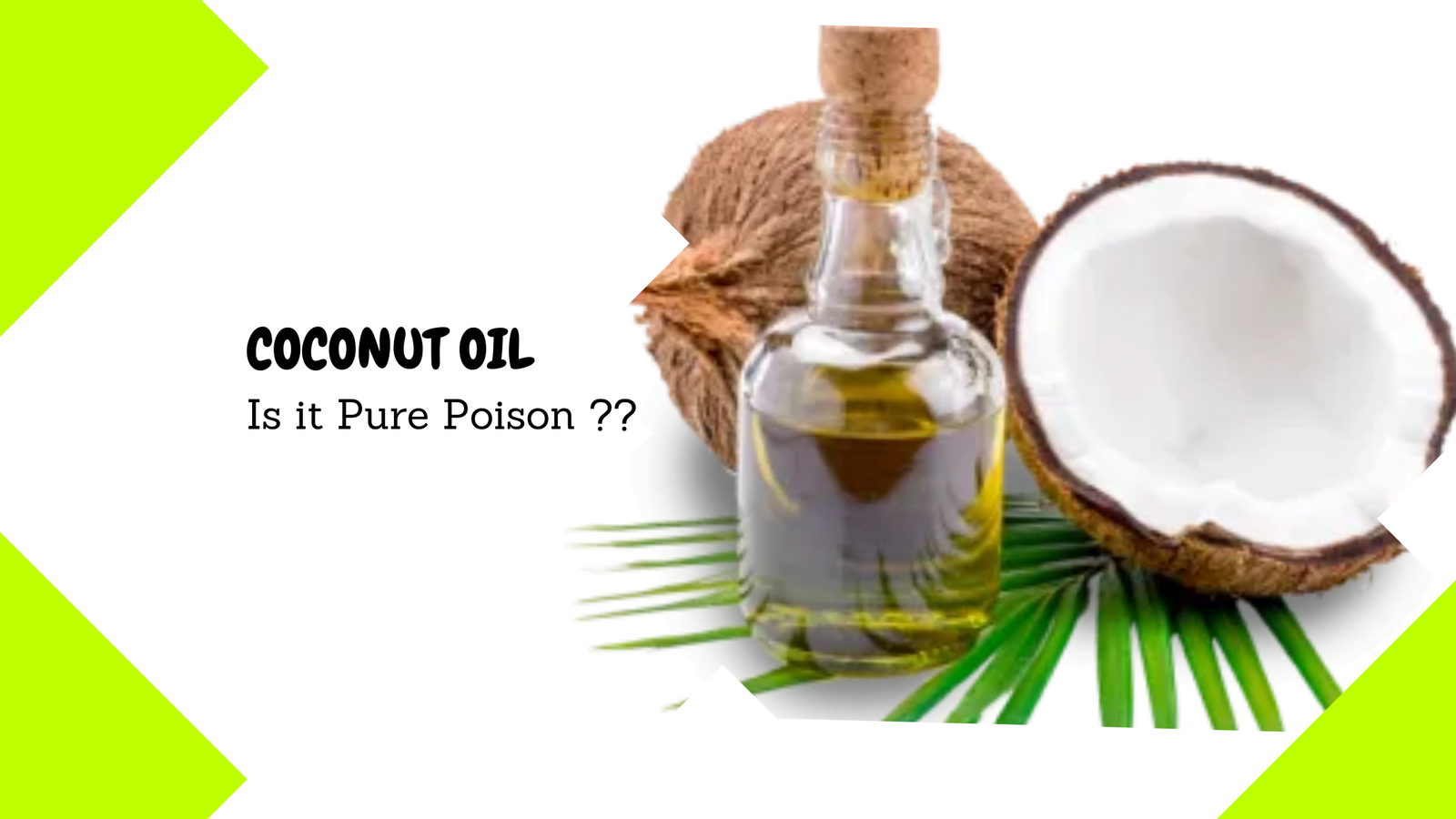Harvard Professor Says Coconut Oil Is Pure Poison
In recent years coconut oil earned the reputation of being a so-called superfood but then lost it. A Harvard professor thinks that is justified and says that coconut oil is “pure poison.”
Professor Karin Michels, a professor of epidemiology at Harvard’s T.H. Chan School of Public Health, in a lecture she gave recently at the University of Freiburg in Germany, that despite the advice that is given by self-appointed and unqualified health gurus online – that numerous health risks are associated with consuming coconut oil.
An analysis was done of more than 100 studies that dated all the way back to the 1950s. The conclusion from the researchers was that saturated raise the LDL, or bad cholesterol. In seven controlled studies, it was found that coconut oil spikes LDL levels.
However, the public appears to be confused. The New York Times conducted a survey in 2016 before the revised guidelines from the American Heart Association which revealed that 72 per cent of the general public believes that coconut oil is actually healthy.
Pre-workout drink to take you to the next level
Dr. Marrie-Pierre St.-Onge from Columbia University’s Institute of Human Nutrition was conducted research that indicated that coconut oil provides a boost to weight loss and metabolism due to it containing higher levels of medium-chain triglycerides compared to most fats, decided to speak out last year in order to set the record straight.
Dr Marrie-Pierre explained to the American Heart Association that the oil that was used in her study was 100 per cent medium-chain as opposed to the more common 13-14 per cent medium-chain oils. An individual would need to consume 10 tablespoons, or 150 grams, of coconut oil per day in order to enjoy the benefits, but if the substance was consumed in excess, then the effects would be negated.
She says that a healthy diet is all about moderation.
In terms of their own health and dieting, people don’t want to have to face reality. Wishful thinking is what they want to believe in. However, believing you can have basically unlimited amounts of a specific thing and that everything will go away isn’t based on reality.
Qualified dietitian Helen Barrett, who is a spokesperson for the British Dietetic Association, says that the pros and cons of coconut oil consumption must be considered within the context of a person’s overall diet.
According to the translation from Business Insider Deutschland, of Michels’ lecture entitled “Coconut Oil and Other Nutritional Errors,” coconut oil poses a higher risk to your heart health and as lard does since it is made up almost entirely of saturated fatty acid. Those are thought to block your arteries.
In general, fats that are full of fatty acids are the ones that are at room temperature are solid. The American Heart Association reports that the average individual should consume only around 11-13 grams of saturated fat on a daily basis or 5-6 per cent of a person’s total daily calories.
On the other hand, unsaturated fats like those contained in olive oil should be consumed in moderation as well, but they can help to improve your blood cholesterol. Professor Michels is the latest expert to question coconut oil’s benefits. The American Heart Association last year updated the organization’s science advisory and encouraged the public to avoid consuming any coconut oil whenever possible.
She says that if it is being taken in order to promote fat burning that is unlike to occur. It isn’t a low calories fat and in general, is expensive when it is compared with other products that are similar.
If a person’s family history has cardiovascular disease and the individual consumes lots of foods that contain saturated fats, then she says she would encourage them to consume less coconut oil.
On the other hand, if the individual doesn’t eat a lot of saturated fat, and really likes coconut oil and doesn’t want to switch to a healthier fat, then there is likely to be a lower risk.
However, she added, people do need to be aware of the potential risks and realize that coconut oil might not be such a good thing. Barrett says she wouldn’t recommend that anybody start consuming coconut oil.
